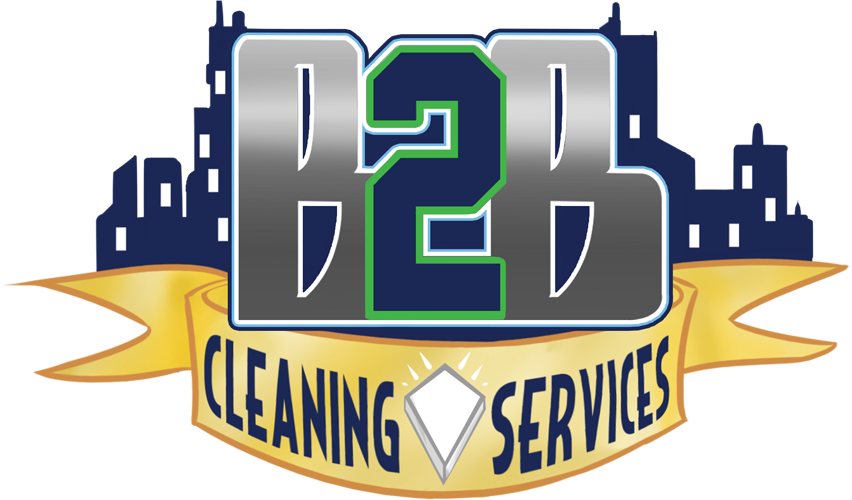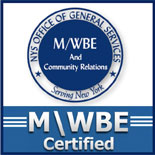 I was sitting at a bar the other day enjoying a well-deserved beverage when I noticed a women next to me on her laptop. We got to talking, and I brought up the elephant in the room. The woman told me she hadn’t taken a vacation in forever, and that tomorrow (a Wednesday) she was taking off. The reason the laptop was out was due to her stressing over some emails that needed to go out.
I was sitting at a bar the other day enjoying a well-deserved beverage when I noticed a women next to me on her laptop. We got to talking, and I brought up the elephant in the room. The woman told me she hadn’t taken a vacation in forever, and that tomorrow (a Wednesday) she was taking off. The reason the laptop was out was due to her stressing over some emails that needed to go out.
No no no no no.
A vacation, no matter how short it may be, is meant to reset your system. But for some, taking a break from work can be more stressful and arduous than going into the office. Here are a few tips to help you enjoy your well-deserved time off.
Plan your Play
“When you’re thinking about taking a vacation, consider timing,” says Lynn Taylor, a national workplace expert author. “You won’t want to leave in the middle of a project or before a big launch.” Find out in advance a mutually agreeable time from your boss so you’re not stressed while away from the office. “Some bosses prefer that your away when they’re away, and others prefer that you cover for them or manage in their stead,” she says. Once you plan your vacation, inform your boss of the exact dates that you’ll be away.
Ask a colleague to be your Second-in-Command
“If you have people reporting to you, you should have a number 2,” says Mary Hladio, a workplace expert and president of Ember Carriers leadership group. “This person should be able to hold down the fort for you while you’re gone–and you can do the same when he or she takes a vacation. Your second-in-command should take notes for you at important meetings, handle urgent calls or emails if you cannot be reached, and make decisions or answer questions on your behalf.”
Tell people you’ll be out
“Tell everyone you work closely with that you’ll be out of the office, and inform key individuals or clients that you are well covered,” Hladio says. Provide them with a name of your second-in-command, or whoever it is that they can go to in your absence. If you’re working on a team project, give your teammates ample notice that you’ll be out of the office and ensure that you’ll get your part done before you go or when you return.
Give your boss a countdown
Periodically remind your boss about your upcoming vacation. Give your boss a countdown in emails so he or she isn’t surprised or unprepared when you go.
Establish ground rules.
“Set boundaries,” Taylor says. “Let your boss know that you only plan to check emails from “time to time.” Be vague! This way you won’t be compelled or feel obligated to check your phone or email all the time. Don’t set yourself up or pin yourself down. Too much information about your availability is bad. Don’t make yourself too reachable on vacation–but don’t check out completely either.”
Review the plan with your boss.
“Meet with your boss to review who will be handling what in your absence, and to offload all the loose ends; any work you hoped to have finished that is not, any concerns you have about what could arise in your absence, etc,” says Meredith Haberfeld, an executive coach. “Make this offload complete, and don’t hold back, so that at the end of that meeting you can let go of the office and go on vacation responsibly with a clear mind,” she adds.
Get organized.
Before you head out for your vacation, organize your desk, clear your email and voicemail inboxes, tie up any remaining loose ends (even if that means putting in a little extra time before you go) and make sure your boss knows the plan.
Try not to think about work
“Use your time off to catch up on sleep, read a new book and spend time with friends or family. Let your vacation be a stark reminder that you have control over your level of relaxation–an apply that at work when you return,” Taylor says.
Limit communication
“People often feel compelled to stay connected while they’re away so they bring their laptops to check email or participate in conference calls,” Hladio says. “But it’s difficult to relax if you do this. If you feel that you must stay connected while you’re on vacation–limit communication and establish a designated check-in time.”
Let yourself relax.
“By taking time away from work to unplug and reconnect with other people and things in your life that also make you happy, you actually come back to the workplace recharged and more productive than if you had stayed in the office for the same time period,” Hladio says. “Sometimes when we are way from the day to day we actually find solutions to problems or think of innovative ways for higher performance.”
Take it easy your first day back.
You’ll need a day or two to decompress,” Taylor says. “Don’t schedule any meetings the first couple of days–and ask your co-workers or boss to treat your first morning back as if you were still away. Use that time to catch up on small emails and settle in.”
Get caught up.
Take initiative and be proactive in seeking out what you’ve missed. “Make sure you’re filled in on all the information and details of meetings and reports you missed,” Taylor says. “Go to lunch with colleagues so they can bring you up to speed.”


